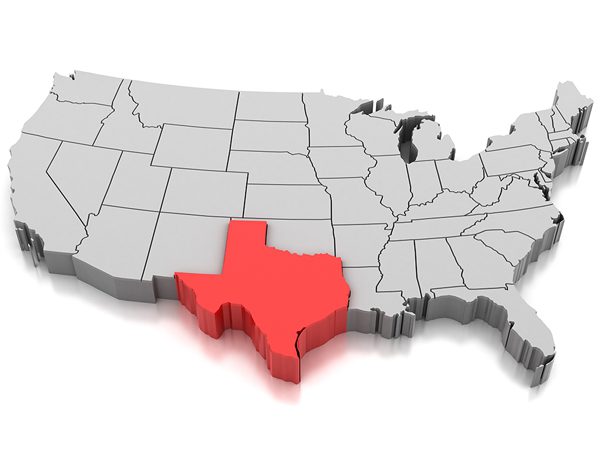 Like in many other areas of the United States, opioid addiction is a serious issue in Texas.
Like in many other areas of the United States, opioid addiction is a serious issue in Texas.
While the state is home to four of the nation’s top 25 cities with the highest rates of opioid abuse, the overall number of opioid deaths is low. It was reported that in 2016, there were 1,287 opioid deaths in Texas compared to more than 33,000 nationwide. A total of 523 were from heroin, while synthetic and natural opioids (such as oxycodone) accounted for 186 and 473 overdoses respectively.
Addressing the Issue
To combat this issue, the state is beefing up its drug monitoring program. For starters, it now allows healthcare professionals to track who is purchasing large quantities of prescription opioids throughout the state. While tracking may cut down on the number of individuals who use opioids, it can also cause some to flee across the border to obtain them.
In June 2017, Texas Attorney General Ken Paxton joined forces with other state attorneys investigating the sales and marketing of prescription painkillers. Their goal is to determine if drug makers are breaking laws and thus contributing to the nationwide opioid addiction epidemic.
Texas Senate Bill 1462 and Naloxone
The Texas Legislature passed Senate Bill 1462 in June 2015 that authorizes healthcare professionals to prescribe Naloxone, an opioid antagonist, directly to a third-party patient (does not have to be the end-user) or through a standing order. Naloxone is a medication designed to quickly reverse an opioid overdose.
This drug binds to opioid receptors and can block and reverse the effects of opioids. Naloxone quickly restores normal respiration to a person who overdosed on heroin or other prescription opioid pain medication. It can be injected, autoinjected, or administered in a nasal spray.
Federal Funds to Combat Opioid Addiction
In May 2017, the Substance Abuse and Mental Health Services Administration provided a $27.4-million grant to Texas to help combat opioid use disorders. It will not only boost the state’s efforts to prevent and treat prescription and illegal opioid use, but it will also be used for training, outreach, and recovery support services.
The goal is to help about 14,000 persons over a two-year period by:
- Enhancing peer support and recovery services
- Coordinating outreach activities with state agencies, HIV outreach workers, and crisis teams at area mental health authorities
- Increasing technical assistance and training to prescribers and providers
- Expanding access to opioid treatment sites and eliminating services’ wait lists
This money will also allow the state to focus on at-risk opioid users such as those who live in major metropolitan areas, pregnant and postpartum women, and those who have a history of prescription opioid misuse. The funds will also target those who may be at a higher risk of developing an opioid addiction, such as military veterans, people being treated for chronic pain, and those living in rural areas that already have a high rate of opioid use.
How to Help
If you know of someone with an opioid addiction, there are a few things you can do to help him or her. Besides avoiding negative enabling, consider seeking outside support from qualified professionals. Great Oaks Recovery can offer guidance for those in this situation, as well as for their families. Your loved one must understand that his or her life needs to be be rebuilt in order to make a recovery.


